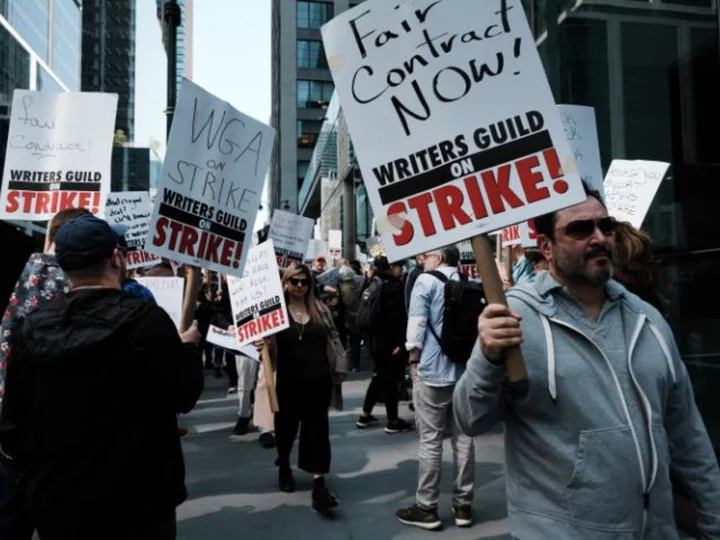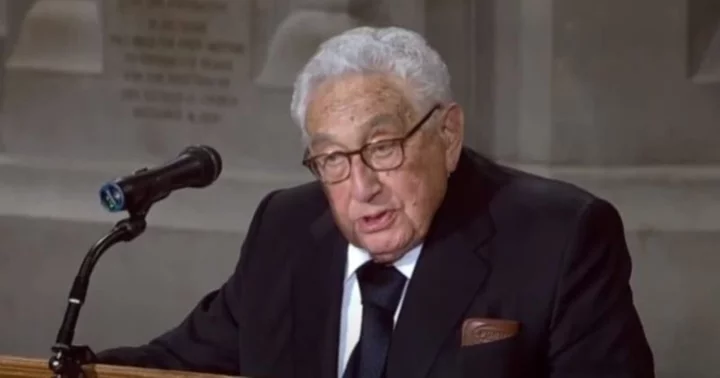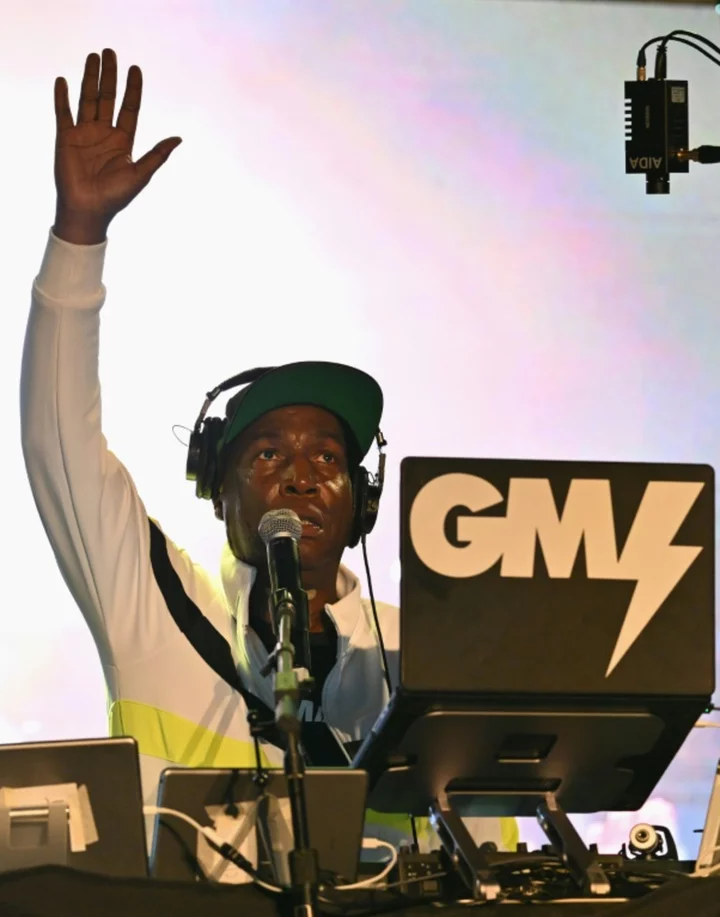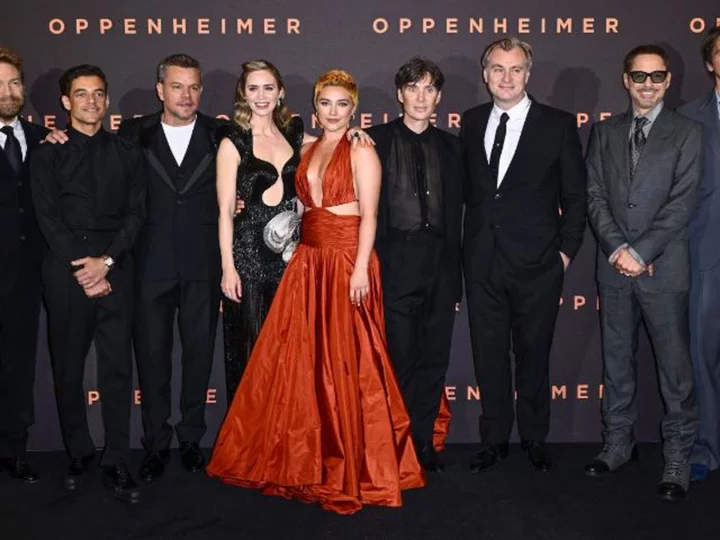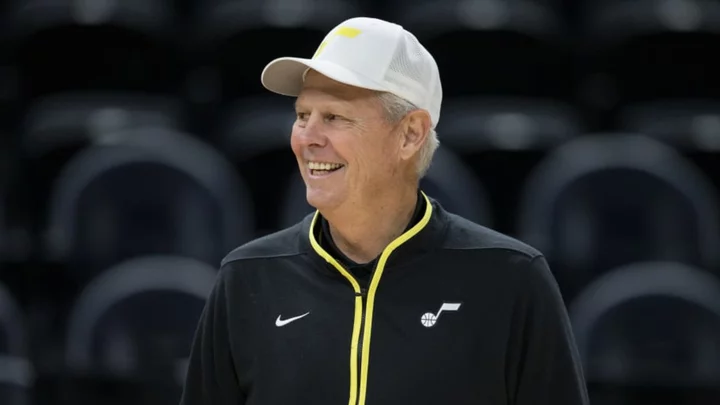Television and film studios, already dealing with a strike by the Writers Guild of America, started contract negotiations Wednesday with the Directors Guild of America. If those talks break down, they could lead to even broader work stoppages on film and television sets nationwide.
SAG-AFTRA, the union that represents actors, is due to begin their own talks next month. The industry is undergoing major changes because of the shift to streaming, and all three sets of talks could prove difficult.
Without a quick resolution, American audiences may be left without much new content to watch later this year or in early 2024.
"We know there will be conflict," said Todd Holland, a member of the directors' negotiating committe, in a message to the union's 19,000 members. "The battle will test us. But we won't rest until we win a strong contract today that builds a bridge to continued DGA prosperity into the future."
The shift to streaming has upended the economics of the industry. Most streaming services outside of Netflix have been losing money, although Warner Bros. Discovery, the owner of CNN, just reported its first narrow profit from its streaming service.
"The explosive popularity of streaming around the world has transformed how, and where, our work is viewed — and our contracts must adapt to changing production and distribution," said Karen Gaviola, another member of the directors' negotiating team.
But the economics of traditional media are also becoming more difficult, with ad revenue slumping and movie box office still well below pre-pandemic levels. The studios are represented in negotiations by the Alliance of Motion Picture and Television Producers (AMPTP), which includes Amazon, Apple, CBS, Disney, NBC Universal, Netflix, Paramount Global, Sony and Warner Bros. Discovery.
Many of those companies have announced deep layoffs as part of cost-cutting efforts in recent months. The most recent came at Paramount Global, which this week announced it would terminate 25% of US staff at its Paramount Media Networks, Showtime and MTV divisions.
Holland said the union is seeking to strengthen the both the economic and creative rights of members and improve health care and pension plans, as well as dangerously long workdays.
"We are fighting to receive our fair share of the new, global future," he said.
AMPTP did not have a comment about the start of the talks.
The current contracts with AMPTP and both the DGA and SAG-AFTRA expire on June 30. There's a good chance the Writers Guild could still be on strike at that point. No talks have been held since that strike started just before midnight on May 1.
Both the DGA and SAG-AFTRA have issued statements in support of the writers and their negotiating demands.
Late night television shows were the first to be halted by the writers strike, and some other popular shows now in production, including Stranger Things, have been postponed as well. But many movies have continued to shoot because they already have completed scripts. Those films could stop production if either the directors or actors were to walk out.
"The fact that the other agreements are also coming to an end is enormous leverage not just for the writers but for each of these other unions," said Tom Nunan a lecturer at the UCLA School of Theater, Film and Television, as well as a film producer and writer.
But there are risks for the Writers Guild if the DGA and SAG-AFTRA reach their own deals, either before the contracts' expiration or early in a strike by one of those unions.
"It could increase pressure on writers to make the deal if other guilds make their deals," he said.
Nunan said some issues, such as the residuals that will be paid by shows on streaming services rather than traditional television networks, are important to all three unions. But some of the issues that are important to the writers, such as the size of the writing staffs on shows, are not issues in the DGA or SAG-AFTRA talks.

